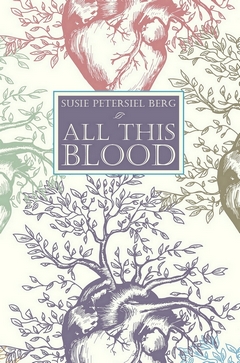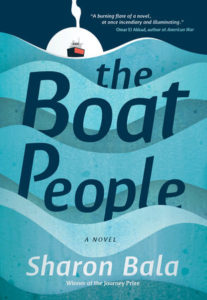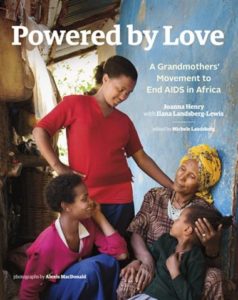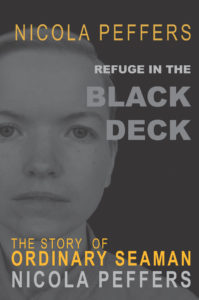 Blood is a deeply weird word. Its strange proto-Germanic double-O ends in a palpitation—a thud—a footfall on dark earth, while its spectral onomatopoeia hums of haemorrhage, not haemostasis.
Blood is a deeply weird word. Its strange proto-Germanic double-O ends in a palpitation—a thud—a footfall on dark earth, while its spectral onomatopoeia hums of haemorrhage, not haemostasis.
In her new poetry collection All This Blood (Piquant Press, 2017), Susie Petersiel Berg uses the process of haemostasis—how the body stops bleeding—to conjure wounds that have closed over but still sting in the shower, against the sheets or out in the cold. Berg’s poems are reminders that blood is always with us, even when we don’t taste its iron or call it by its deeply weird name.
All This Blood is organized according to the three phases of haemostasis: vascular, platelet and coagulation. Her title and guiding metaphors signal, in tandem, the potential for blood in every poem; as the “process” unfolds, this language becomes a kind of forensic, empathic dare to the reader.Continue Reading All This Blood by Susie Petersiel Berg

 “I’m an extrovert, in case you haven’t noticed,” Sharon Bala says, her enthusiasm and warmth carrying across the phone from chilly Newfoundland to chilly Nova Scotia. She’s commenting on the hectic schedule for launching and promoting her new book, The Boat People. “It’s demanding,” Sharon says, “even for an extrovert.”
“I’m an extrovert, in case you haven’t noticed,” Sharon Bala says, her enthusiasm and warmth carrying across the phone from chilly Newfoundland to chilly Nova Scotia. She’s commenting on the hectic schedule for launching and promoting her new book, The Boat People. “It’s demanding,” Sharon says, “even for an extrovert.” At the turn of the twenty-first century, when AIDS-related deaths in developed countries were finally on the decline, infection and death rates in sub-Saharan Africa continued to soar. Stigma, discrimination and misinformation meant that testing and treatment remained unavailable for the millions of people—in some countries up to thirty percent of the population—with HIV/AIDS. The majority of those killed by the pandemic were young adults and parents. Over twelve million children in sub-Saharan Africa were orphaned. The burden, not to mention the grief, fell to the older generation, grandmothers who had lost their children and took in their grandchildren—and then fought back.
At the turn of the twenty-first century, when AIDS-related deaths in developed countries were finally on the decline, infection and death rates in sub-Saharan Africa continued to soar. Stigma, discrimination and misinformation meant that testing and treatment remained unavailable for the millions of people—in some countries up to thirty percent of the population—with HIV/AIDS. The majority of those killed by the pandemic were young adults and parents. Over twelve million children in sub-Saharan Africa were orphaned. The burden, not to mention the grief, fell to the older generation, grandmothers who had lost their children and took in their grandchildren—and then fought back.
 Nicola Peffers’ memoir,
Nicola Peffers’ memoir, 